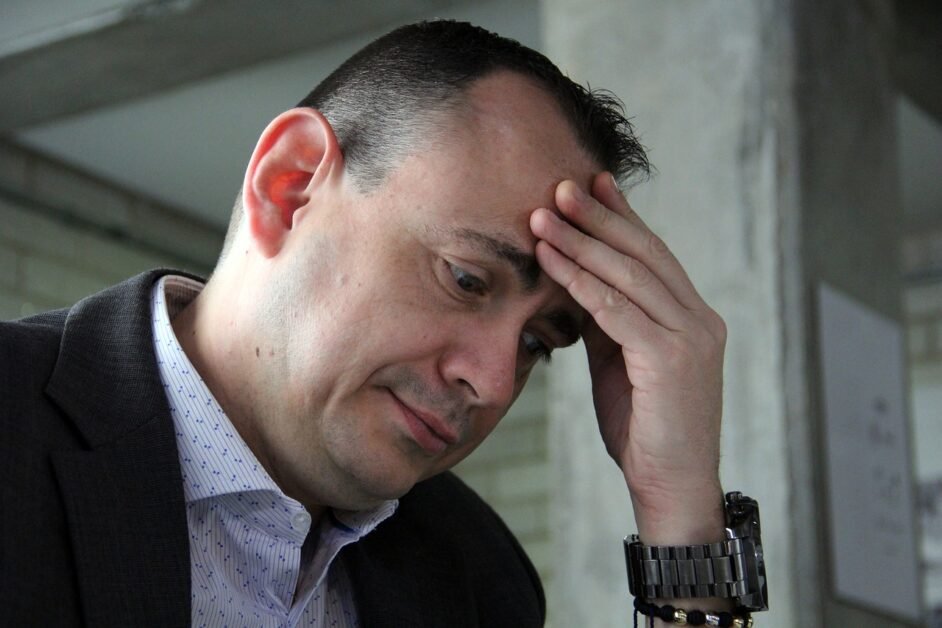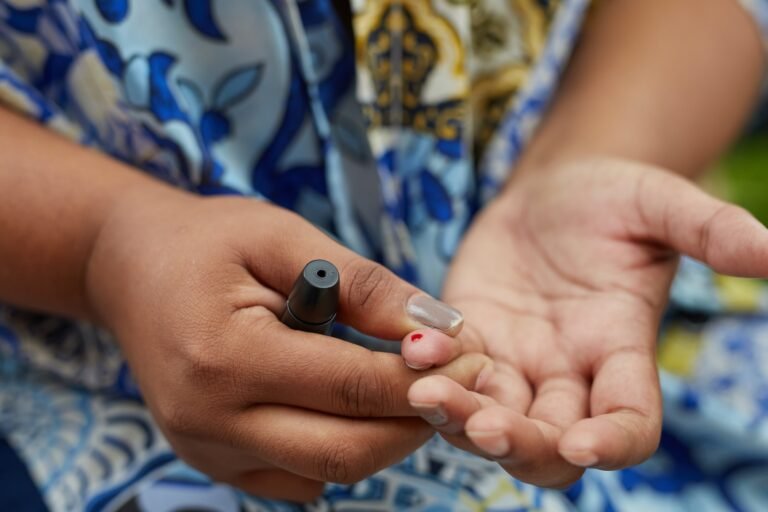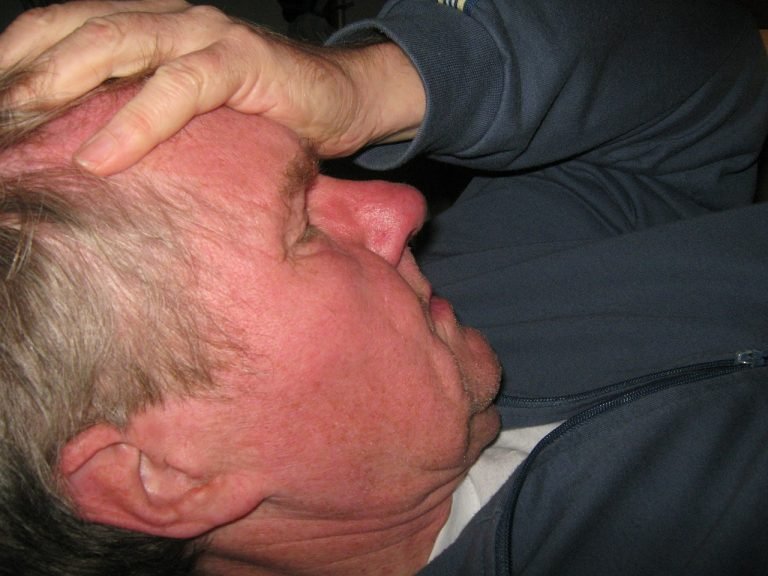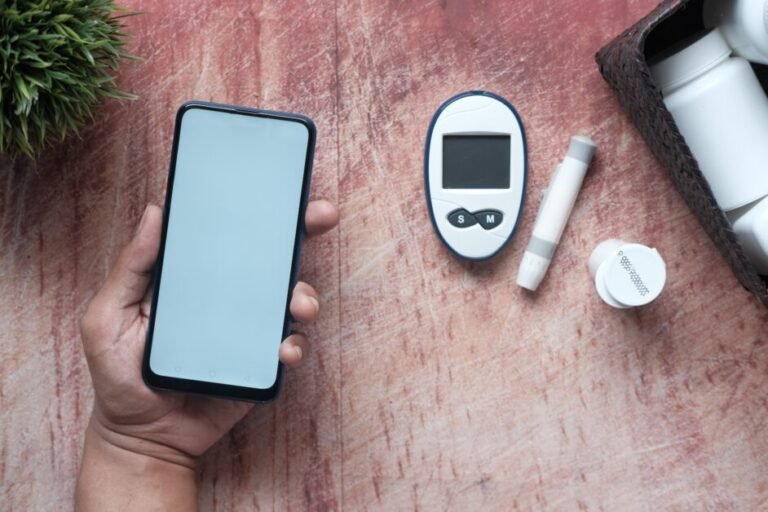Table of Contents
Can diabetes cause headaches?
Headaches are common to all at some point or another. And while there are drugs to take, if your doctor prescribes medication, it would be best to turn to natural headache remedies and alternatives. Read on to learn more on this.
Uncontrolled diabetes mellitus is when the body cannot regulate the amount of glucose in the bloodstream. When blood flow is interrupted, the brain cells may get damaged, resulting to poor judgment, impaired memory, and poor concentration. The resulting damage to the brain and nerve cells causes problems such as memory loss, poor attention span, and inability to focus. It can then lead to depression, irritability, and anxiety, which are common symptoms of uncontrolled diabetes.
See your doctor regularly
Many times, a doctor will diagnose an individual with diabetes only after long periods of self-diagnosis. Often times, the first diagnosis will be hypoglycemic. Once the disease is diagnosed, it is usually put into treatment. Treatments can range from insulin shots, diabetes pills, or even surgery to correct the blood-flow problem. All of these options can have serious side effects, so it is important to know what to expect prior to starting treatment.
For those who do not want to deal with medications and surgeries, they can consider alternative treatment options. One of these options includes changing their diet. Many believe that the foods they consume can affect their ability to control blood sugar. If you are consuming foods that contain empty calories, you will have more difficulty controlling your blood sugar. Empty calories are anything that does not nourish or is of no nutritional value.
Controlling your blood sugar levels can greatly reduce or eliminate the occurrence of continuous glucose monitoring. It can also reduce or eliminate the need for drastic insulin injections. Diet modifications can greatly impact and improve the health of a person with diabetes.
Can Diabetes Cause Headaches? It could be your blood pressure.
High blood pressure is a serious complication of diabetes. Because this condition can lead to stroke and heart problems, it is essential to treat it early on. Blood pressure problems can often be treated and avoided with diet and exercise. Changing your diet can help regulate your blood sugar levels so you don’t develop any health problems. Improving your immune system functions can prevent or relieve many common complications. This is why it is very important to change your lifestyle if you are diagnosed with a healthcare disorder such as diabetes.
If you’re still unsure of how diet affects your blood sugar level, you should ask for the help of your healthcare provider. They can perform a series of tests and examinations to confirm your belief that diet can affect your health. It’s always a good idea to have your blood glucose levels tested regularly to monitor your progress in controlling it. You can prevent getting chronic diseases such as hypertension, high cholesterol, heart attack, and stroke if you take part in regular medical check-ups.
Risks and Complications
Diabetes and its complications may present a lot of risks to your body. However, there are many ways you can control and manage the disease. Changes in lifestyle, diet, medication, and stress reduction can greatly reduce the risk factors. Always consult your doctor when you start showing signs of these complications to determine the best way to address them. There are many alternatives to standard medications so you can live a normal life with high blood pressure and diabetes without experiencing any of the complications.
Headaches are very common with people who have type 2 diabetes, and there are different types of headaches that can affect you. Migraines can be triggered by stress or a hormone imbalance, so it’s important to talk to your healthcare provider about the symptoms of migraine and how you can treat them. One type of headache that can occur with people with type 2 diabetes is called primary headaches. This is the type of headache that doesn’t occur after you took insulin and/or treated your condition.
Secondary headaches are caused by high blood glucose levels that occur on their own. These symptoms should also be discussed with your healthcare provider. Your healthcare provider will be able to advise you on the best way to deal with these secondary headaches and how to avoid them. Glucose levels can also trigger symptoms of photophobia, which is a fear of being exposed to bright light. The symptoms of photophobia can also take place after you took insulin or treated your condition.
Don’t take chances
You should contact your healthcare provider immediately if you notice any of the symptoms described above. Taking oral medications to treat diabetes shouldn’t be done without talking to your doctor first. If you continue to experience problems, your physician may consider more serious treatment options.







